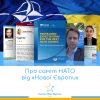We bring to your attention the key messages of the speakers during the discussion panel #2 “The real power of security guarantees. What security arrangements could make Ukraine and Japan feel secure?”:
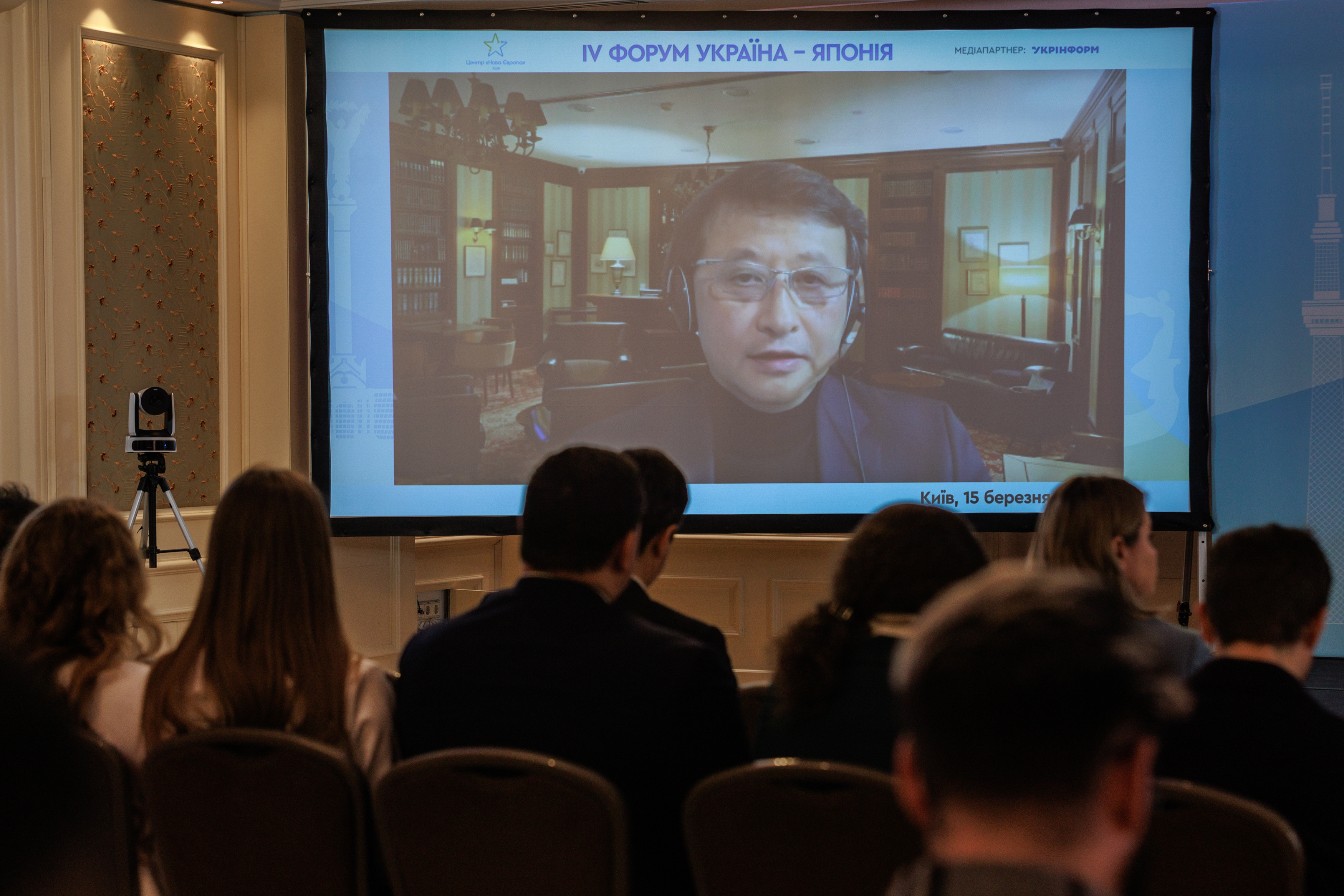
Bonji Ohara, Senior Research Fellow, Sasakawa Peace Foundation:
Japan still recognizes that the best way to keep peace and stability is deterrence. But deterrence is a matter of perception. But once we fail to deter the enemy and it starts aggression it is really difficult to stop it. Then, the only solution is victory, winning the war.
Putin made this invasion because he mistakenly believed he could easily attach Ukraine to Russia, that the United States and other NATO members will not interfere militarily, and Western countries will not support Ukraine so much.
Ukraine itself continues to block Russian aggression through strong will and also military power and capability. This demonstrates that Western countries need to have strong will and military capabilities to defend their own countries.
The leaders of authoritarian countries or autocracies do not know how to accept their own mistakes and do not stop until the very end. The leader of every autocracy believes that he should be number one in the whole world, be the strongest, the smartest.
It is difficult for one country to win the war, so we need an alliance that can maintain cooperation until victory itself.
There are many people in the world who are against Putin’s war in Ukraine. Nevertheless, compassion is not enough here. Instead, we need a willingness to share the difficulties. Here it appears how to do it in each individual country, taking into account the characteristics of each.
For Japan, on the one hand, such a motivation may be an alliance with the United States, which recognizes Japan’s special role in this region. On the other hand strong motivation there may be a sense of crisis. Some of the American people, including congressmen, as well as Japanese society, do not share such a feeling of urgent crisis with those people who live in Europe.
We need to think more pragmatically. This means that it is necessary to consider what benefits for other countries and other regions Japan can get with the support of Ukraine. It is important to recognize the country as an integral assistant to the whole world. The United States must understand that Ukraine is an integral part of its national security.
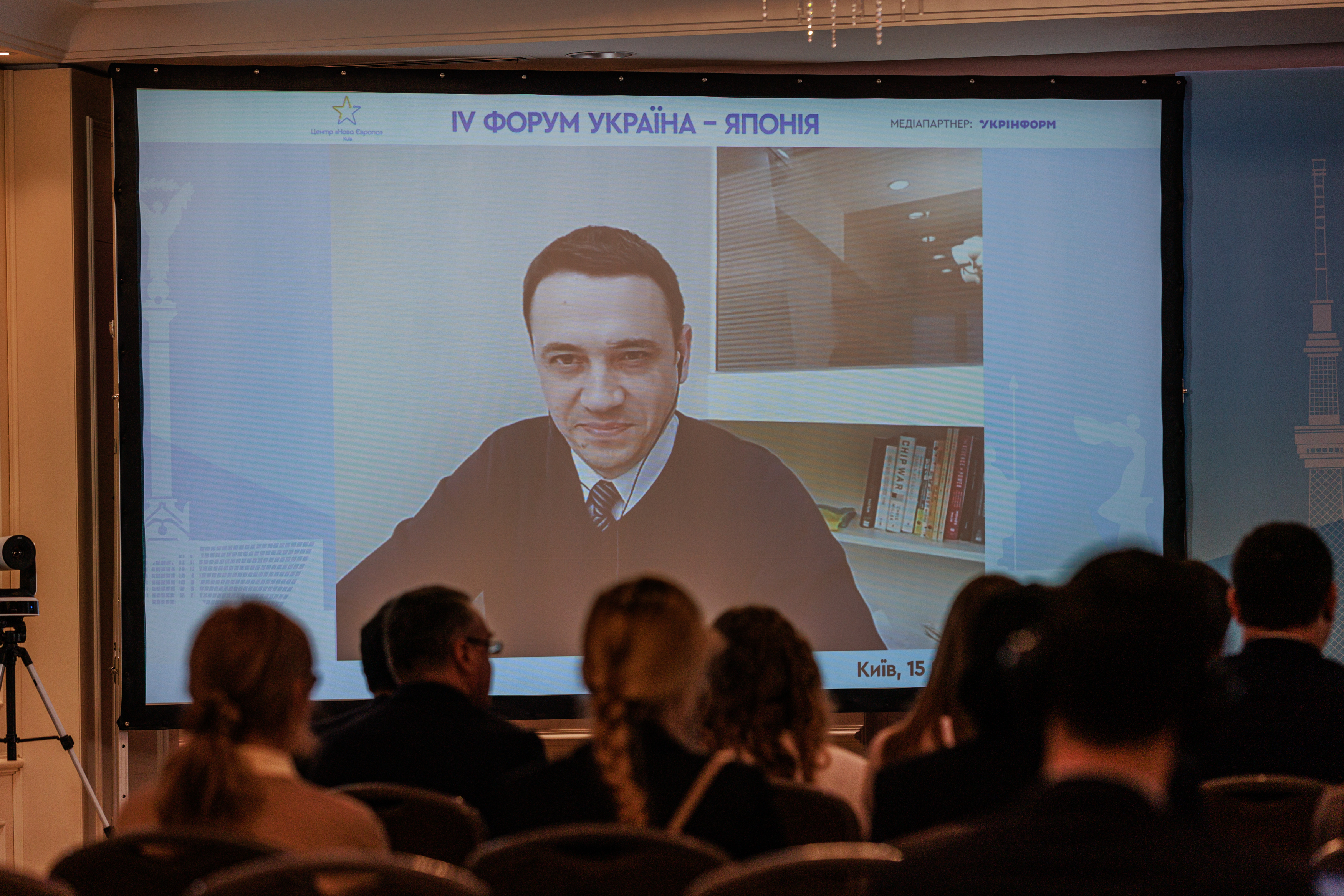
Yurii Poita, Visiting Research Fellow, Taipei-based Institute for National Defense and Security Research (INDSR):
The Taiwan issue is one of the key to the world global securit, so there are very intense discussions, but no longer on security guarantees – on the effectiveness of deterrence.
There are no new security guarantees for this year for Taiwan, so far everything is happening according to the Taiwan Relation Act. But there is a strengthening and improvement of existing mechanisms – military, information security, economic, energy deterrence systems.
China is building its military capabilities intensively and will probably be ready to use them in one scenario or another. China is trying to consolidate its partners around itself without declaring a formal alliance, this applies to Iran, North Korea, Russia and intensively strengthens security, defense, military, economic relations with these partners.
China is increasingly convinced that the nuclear blackmail of the Russian Federation against the United States, NATO, Europe was very effective. The PRC concludes that no effective tools have been found and used to bring the aggressor to justice, and you can try to solve your ambitions by force. China believes that Western countries are vulnerable in terms of the welfare of the population, because they are forced to take into account public opinion and worry about their economy.
From Taiwan, it seems that the situation for small and medium-sized states is becoming more difficult, global players may not have enough resources at some point or they will not be ready for one reason or another to allocate them.
There are basic solutions on how to ensure your safety with the help of security guarantees. The first is to diversify ties by building additional alliances with other countries. Taiwan is working on a plan, developing security, defense ties with other countries in the world.
The second solution is careful work on your own self-sufficiency in the event of a blockade or the outbreak of war. For example, in Taipei, War Game was held for two days with the participation of about 170 international and Taiwanese experts. The theme of this military game was preparing the country for a possible blockade by China or a missile strike, or even a big war. The original scenario is the role of the United States is limited for one reason or another. Taiwan must come up with how it will prepare its medical support system, equip the stability of energy, communications, the work of the financial system under the blockade, and evacuate foreigners and the local population.
The third solution is that security guarantees will work better when you can improve your self-sufficiency with the help of partners, and in turn, partners continue to see the desire and opportunities on the part of Ukraine to help them in the future.
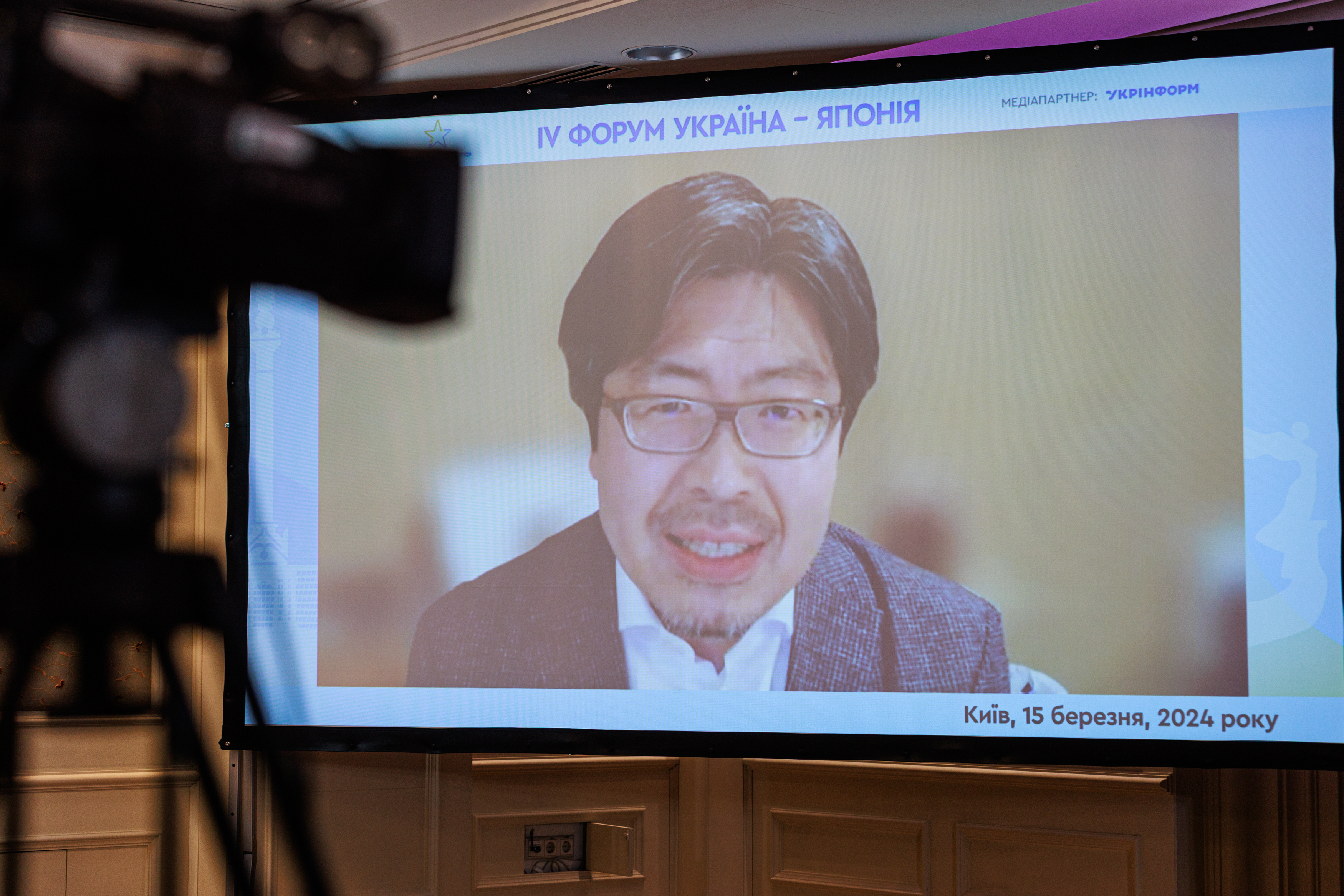
Michito Tsuruoka, Associate Professor, Keio University:
Japan and Ukraine are currently negotiating a bilateral agreement. There are many moments that Japan can fulfill. This is especially true of economic recovery, where Tokyo plays a very serious role. However, with regard to security obligations, Japan’s role is limited due to the fact that Ukraine’s strategic goal is to join NATO.
There are discussions that as soon as Ukraine regains control of all territories, the issue of joining NATO will be resolved. This is true, but not entirely true statement. Based on the December`s paper “NATO Plus”, which examines the example of West Germany’s integration into NATO in 1955, when West Germany claimed rights to the entire territory.
From the point of view of Japan, the experience of signing the Agreement with the United States in 1951 is more relevant. Then new versions in 1960. And at that time, no agreements were concluded with the Soviet Union to end the war. So at the end of World War II, Russia invaded Japan. That is, Japan signed agreements with the United States, despite the fact that there was no official end to the war. Now the northern territories of Japan are occupied.
In the Japanese-American agreement, Article 5 contains the wording that security obligations apply to territories that are under the control of the administration. At the same time, the NATO agreement simply refers to territories. Therefore, such a creative formulation can work in the case of Ukraine.
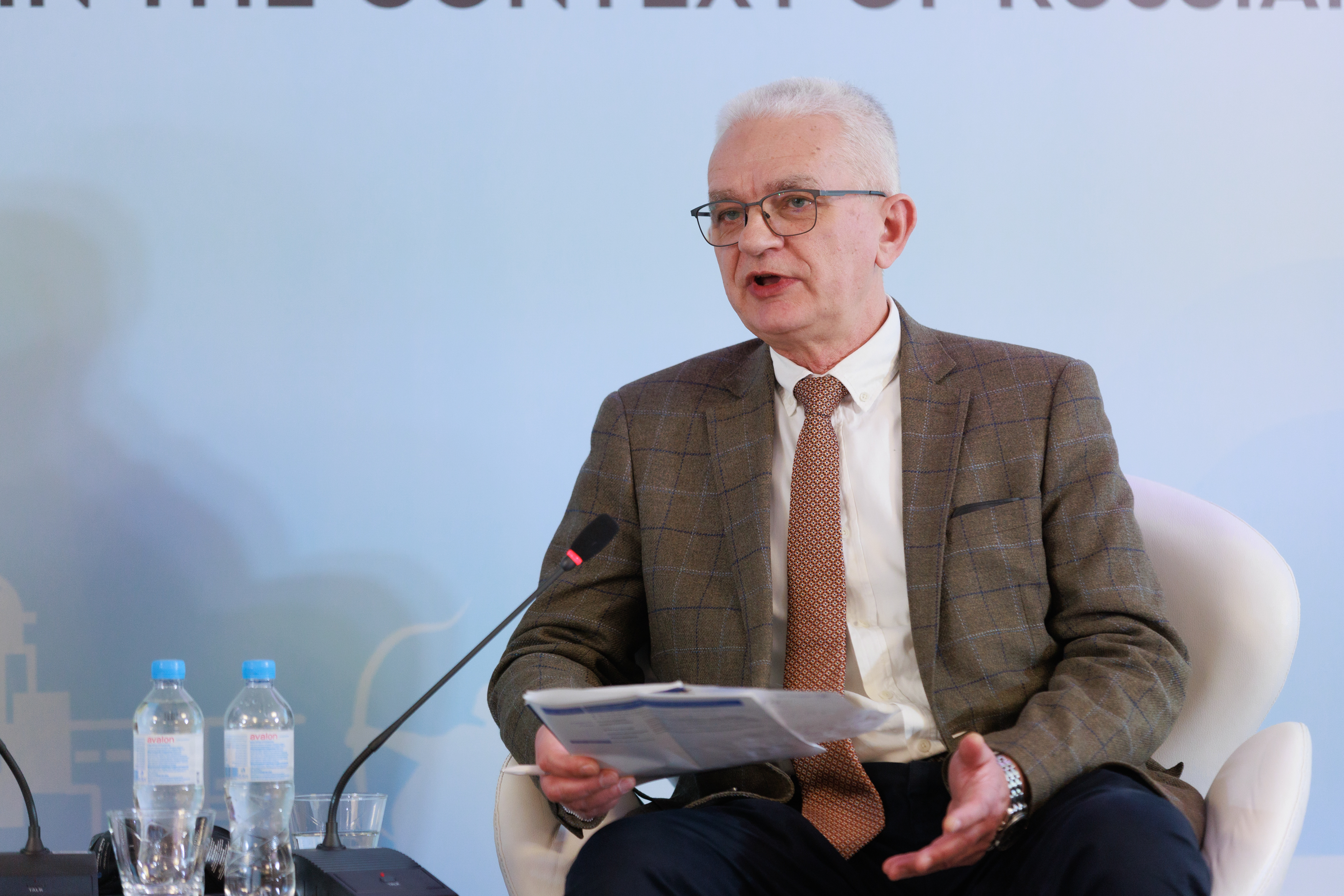
Oleksiy Melnyk, Co-Director, Foreign Relations and International Security Programmes, Razumkov Centre:
The collective security system today is the best formula and this can be seen in the recent example of Finland and Sweden, whose experience we have often discussed before, should put an end to potential discussions about non-aligned security agreements, etc.
The most reliable, powerful is still the North Atlantic Alliance. There are certain nuances in Article 5 where there is some room for interpretation – a phrase at the end that each country takes such actions as are considered necessary. This is something that calls into question the 100% guarantee that all allies will immediately come to the rescue and send their soldiers.
International security structures that existed long before the large-scale invasion are now being tested by real life. How they will show themselves and, as they have already shown, trust in these structures in the future will also depend on this. 2008 and 2014 undermined confidence in such structures as the UN and the OSCE. The time has come for NATO and the EU to show their credibility, even without direct intervention.
The United States is seen as a key security guarantor. But what has been happening for the past few months, waiting anxiously for the next ten months, is another lesson that even if these are long-term guarantees or alliances, there is never a guarantee that this alliance will last forever. Diversification of internal and external tools increases the chances that you do not have to repel the aggressor or if this happens, it will be much easier.
What is interesting about the experience of relations between Japan and the United States is the military presence of the United States in the country. This is a very powerful guarantee in addition to investment.
Security guarantees are not written in one go and in one day. It’s a process that takes time. Even the most perfect text will not work always and under new conditions.
Guarantees are a set of internal and external measures. These are defense capabilities, diplomatic instruments, economies, technologies, culture in a broad sense and information policy. The foundation of bilateral or multilateral agreements is a sense of solidarity that cannot be written in documents, a certain level of interdependence and common interests that need to be supported.
At the time of opening the window of opportunity for NATO membership in Ukraine, there should be no question of meeting the criteria put forward to potential members of Alliance.

Peter Dickinson, UkraineAlert Editor, Atlantic Council:
Russia’s threat to Ukraine as a state is existential. And it began in 2014, with the invasion of Crimea. However, it can be argued that in fact it began back in 2004, with the Orange Revolution of 2004. Trying to subjugate Ukraine was a priority of Russian policy.
The short answer to how to achieve the security guarantees that Ukraine needs NATO membership.
The reluctance of many in the West to take on the “burden,” to supply the necessary weapons is explained by concern over a possible escalation and fear of provoking Putin. Russia uses nuclear blackmail, knowing about the low risk threshold in Western countries.
After political doubts about Trump’s comments about leaving NATO, many people in Europe have questions – whether membership in the Alliance is enough, or whether it is as powerful a guarantee as has always been believed.
NATO membership remains a long-term goal for Ukraine, so we need to consider some other ways to maintain security here. The recent signed security agreements are already quite promising, offering a good basis for intensive cooperation. One of the realistic directions of such cooperation is the joint production of weapons and interaction in this industry as a whole. This direction will give Ukraine the potential to become a much stronger country, self-sufficient in terms of security.
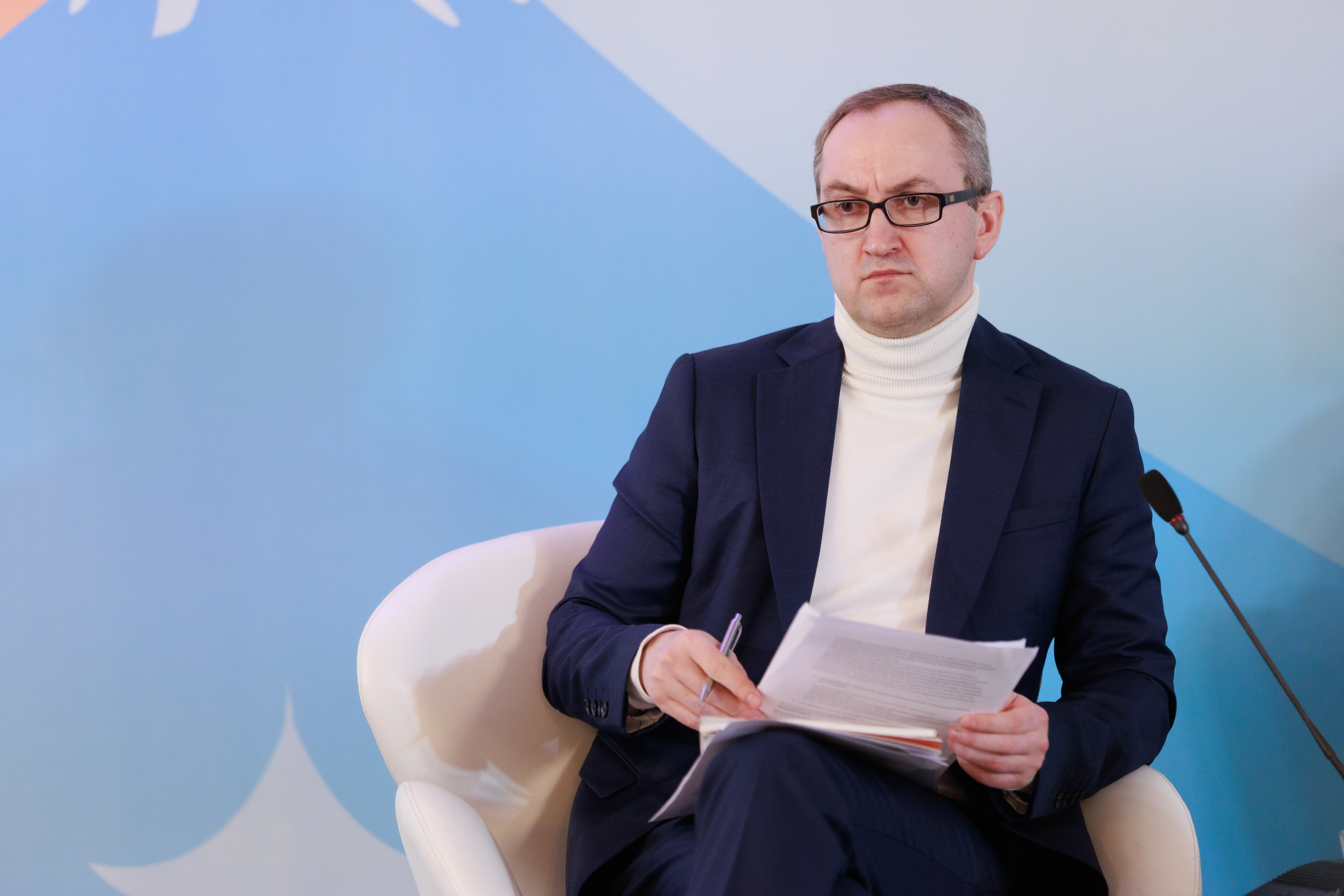
Moderator: Sergiy Solodkyy, First Deputy Director, New Europe Center:
In the long-term perspective, the solution to the basic question of how to restore and guarantee security in Ukraine, around Ukraine, is actually a much wider geographical space. In all four forums, participants constantly talked about the relationship and the indivisibility of the security of Asia and Europe.
When it comes to a fundamental solution to the issue of security guarantee for Ukraine, a real force of security guarantee, then it is undoubtedly a collective form of security, and for Ukraine this issue is not even discussed either by the political establishment or by society – there is a complete consensus – it is about NATO membership.
Meanwhile, at the intermediate stage, Ukraine, together with its partners, continues to look for intermediate formats, intermediate models on how to guarantee security to this ambitious goal of integration and membership in NATO. Thus, experiencing this moment of finding a balance between realism, between opportunities and the future.
More about Forum and speakers` messages is here.
Video recording of the Forum is available in Ukrainian and in English.
Mediapartner – Ukrinform.



